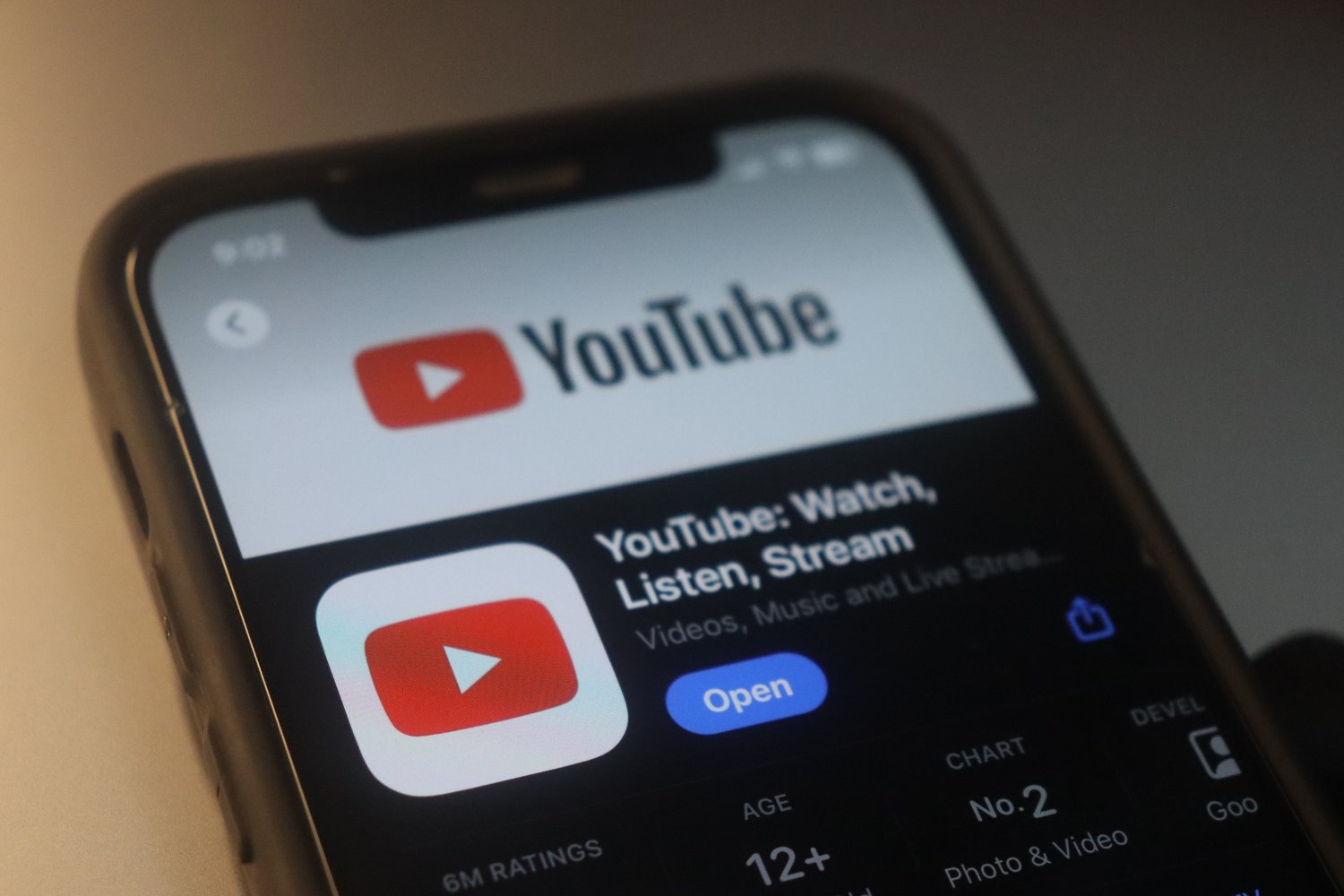In 2007, a home video of a baby dancing to Prince’s 1984 masterpiece Let’s Go Crazy was uploaded onto YouTube. Eight years and a few dozen lawyers later, a federal appeals court has ruled that uploading the video was an OK thing to do — a judgement that is of surprising importance to the rest of the internet.
A few months after Stephanie Lenz, the mother who filmed the video, uploaded it to YouTube, Universal Music Group cried copyright infringement under the Digital Millennium Copyright Act. Universal sent YouTube a takedown motion, causing the video to be pulled.
A few weeks later, Lenz sent YouTube a counter-motion, arguing the video was ‘fair use’, and therefore allowed under copyright law. More to the point, she sued Universal for misrepresentation under the DMCA — a case that has been bouncing around until today, when a federal appeals court in San Francisco sided with the dancing baby.
As well as being an excellent standalone piece of news (how often do you get to write that three federal judges sided with a baby dancing to Prince?), the ruling has serious implications for how intellectual property is handled on the internet.
The key part of Lenz’s legal case revolved around Universal’s blanket issuance of a DMCA notice, without first even considering if Lenz’s use constituted fair use — something that’s required under the DMCA.
Currently, big rights-holders like Universal and the RIAA use algorithms to generate DMCA takedowns — basically, they have computers trawling YouTube and Google, looking for video clips that violate their intellectual property, and send DMCA notices to whoever’s hosting the video.
But in doing so, they aren’t first considering if use of the material constitutes ‘fair use’, like a parody (or a baby dancing to said work).
Organizations like the Electronic Frontier Foundation have long pointed out that companies abuse the DMCA, by sending out (absurd) takedown notices without evaluating each case, and just hoping that the host will be intimidated into taking down the offending clip.
According to the precedent set in Lenz’s case, rights-holders will have to evaluate each situation on a case-by-case basis, to see if it constitutes fair use. That means no more giant automated take-downs, which is a big win for an uncensored internet. And all because of one dancing baby.
Contact the author at [email protected].














